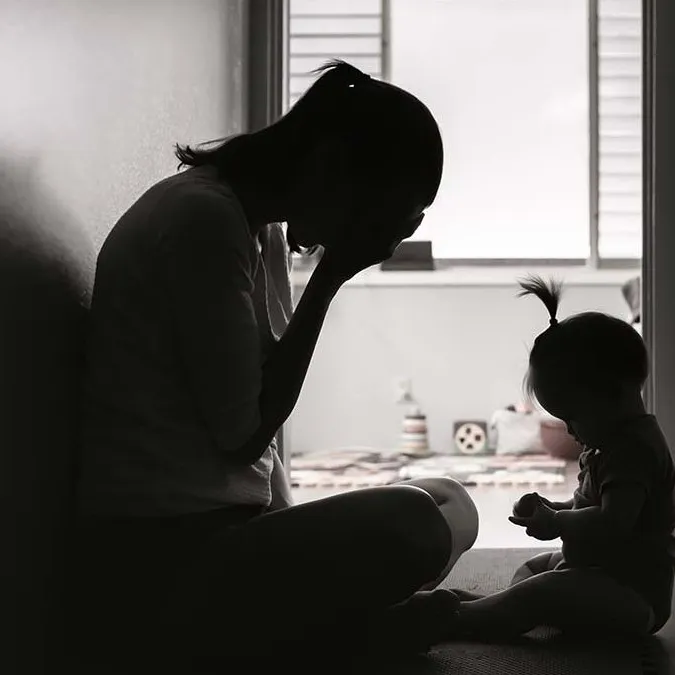
Published on: 11 May, 2021
Read Time: 3 min
Having a baby is one of the most joyous experiences in a parent’s life, yet it also brings about significant challenges. The exhaustion that accompanies caring for a newborn is real and pervasive. Sleepless nights, constant fatigue, and a complete lack of energy are common experiences for new parents. Newborns typically don’t develop regular sleeping patterns until they are older, and they often sleep sporadically, waking up every 1-3 hours. As a result, your sleep schedule inevitably aligns with theirs. Over time, this persistent exhaustion can profoundly impact your physical, mental, and emotional well-being.
Postpartum blues and postpartum depression are two distinct conditions that can significantly affect your mental health following childbirth. Both are exacerbated by the exhaustion and overwhelming feelings that new mothers often experience, but they differ in severity and treatment approaches.
Postpartum blues
Also known as the “baby blues,” this condition affects up to 80% of new mothers. It typically begins a few days after childbirth and can last for two weeks. Symptoms include mood swings, irritability, anxiety, and tearfulness. While these symptoms are temporary and usually resolve on their own, they can be challenging to manage amidst the demands of caring for a newborn.
Postpartum depression
Postpartum depression is more severe and persistent than the baby blues, affecting about 10-20% of new mothers. It can develop any time within the first year after childbirth and may last for several months. Symptoms include severe mood swings, intense sadness, withdrawal from family and friends, and difficulty bonding with the baby. Unlike the baby blues, postpartum depression often requires medical treatment and support.
Signs and symptoms of PPD
- Depressed mood or severe mood swings
- Withdrawing from family and friends
- Loss of appetite or eating much more than usual
- Inability to sleep (insomnia) or sleeping too much
- Overwhelming fatigue or loss of energy
- Reduced interest and pleasure in activities you used to enjoy
- Feelings of worthlessness, shame, guilt or inadequacy
- Diminished ability to think clearly, concentrate or make decisions
- Thoughts of harming yourself or your baby
- Recurrent thoughts of death or suicide
If you notice one or more of the symptoms above, make an appointment to see your doctor immediately. Do not assume that postpartum depression will simply disappear on its own.
Treating postpartum depression
The first and best action to take is to ask for help. It is important to note that the feelings associated with postpartum depression are not simply inadequacy or your inability as a mother to adjust to life with a newborn. Many women feel a sense of reluctance or embarrassment when asking for help. But postpartum depression is a condition that many women face and with appropriate treatment, it can be managed.
If you notice any of the symptoms above, make an appointment to speak to your doctor, nurse or midwife about how you’re feeling. They will always be a useful resource that can help you deal with your emotions and stressors that you’re experiencing.
If you suspect that a friend or loved one has postpartum depression or is developing postpartum psychosis, help them seek medical attention immediately. We want to help ensure that you and your loved ones are able to enjoy your baby and continue to be healthy and happy throughout your postpartum period and beyond!
References
https://www.mayoclinic.org/diseases-conditions/postpartum-depression/symptoms-causes/syc-20376617





